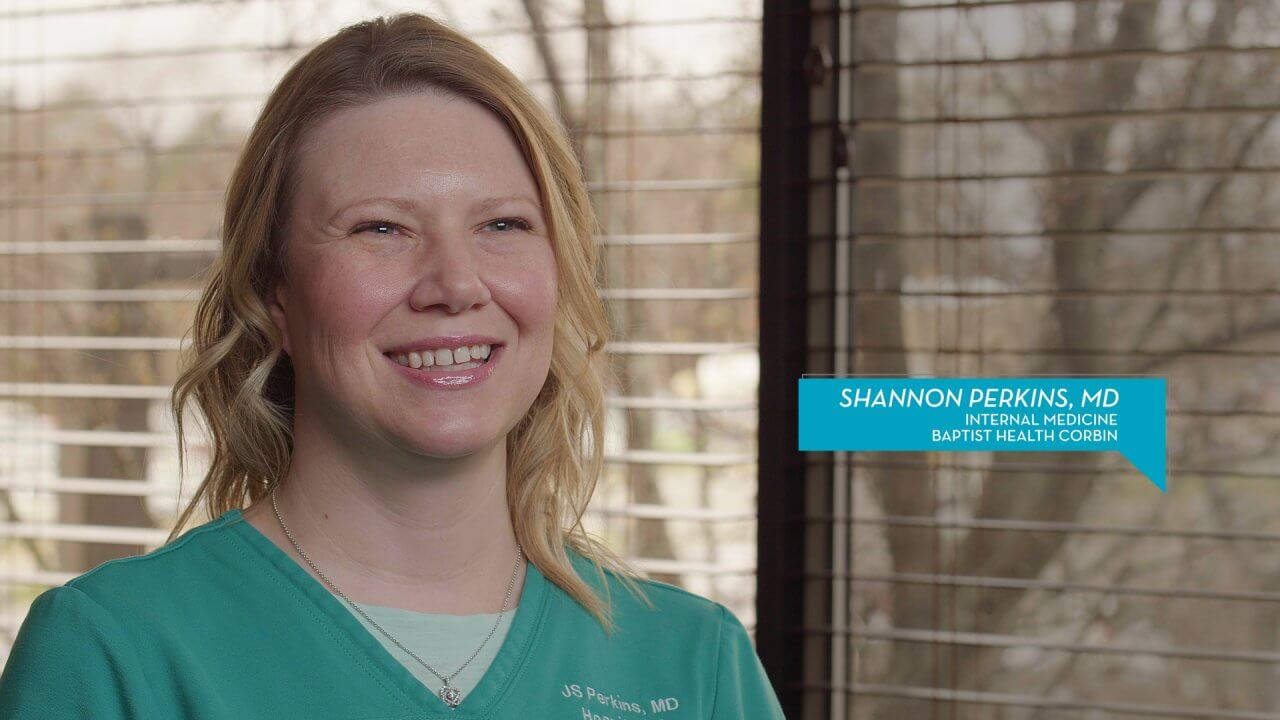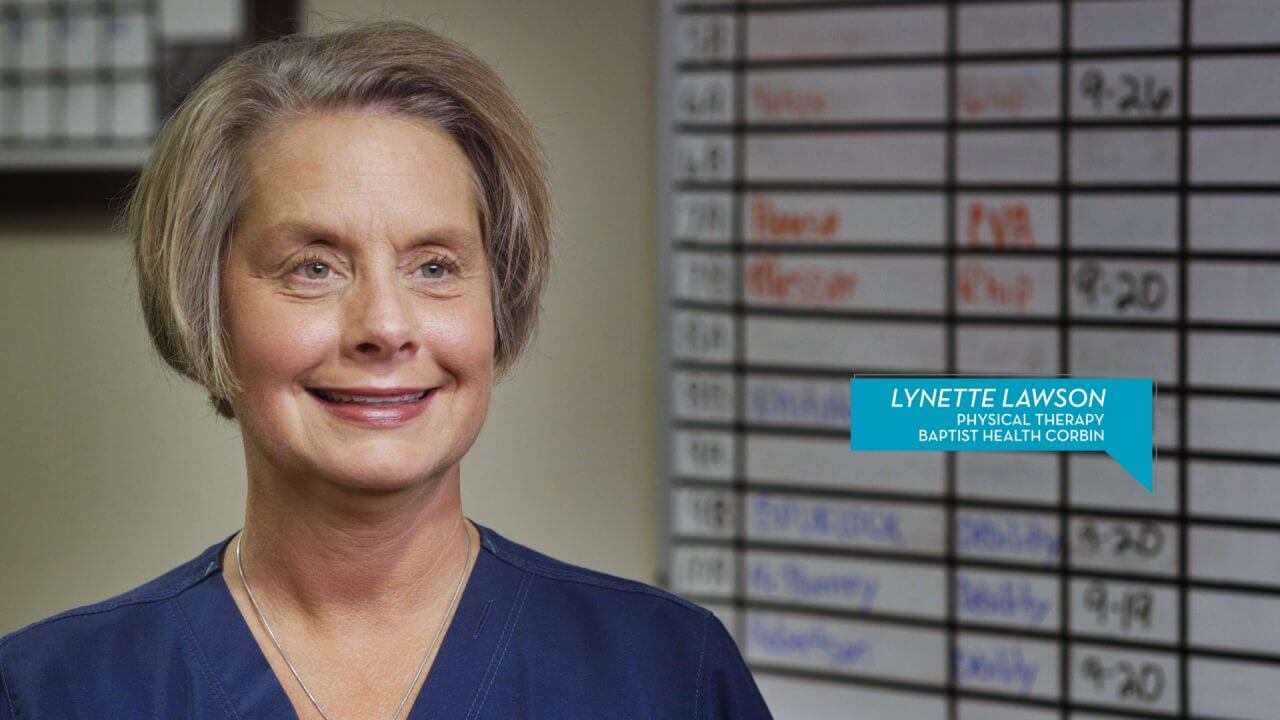Managing COPD Symptoms & Treatment in Corbin
Baptist Health Corbin: Managing COPD Symptoms & Treatment
COPD is a condition that can’t be cured, although it can be treated and maintained with the help of medical experts. Learn how Baptist Health helps patients live a full life with COPD.
Managing COPD Symptoms & Treatment in Corbin HealthTalks Transcript
Praveen Vijhani, MD, Pulmonary & Critical Care Medicine:
COPD is a progressive, irreversible inflammatory disease in your lungs, which makes it hard to breathe. Common symptoms include a chronic cough, wheezing, production of phlegm, shortness of breath, and a feeling of tightness in your chest, though these symptoms may not be noticeable until you are in the later stage of the disease. COPD is not curable, but it’s a preventable and treatable illness.
Kristen Wells, PA-C, Pulmonary & Critical Care Medicine:
It’s important to make a plan for managing COPD. That way we can work together to better assess the severity of your COPD in order to make a specific treatment plan for you. As your pulmonology specialists, we’ll work together with respiratory therapists and pharmacists, as well as your primary care provider, to assess all our treatment options.
Some of the options for COPD treatment include inhalers, supplemental oxygen, expectorants such as Mucinex®, and also just pulmonary rehab and breathing exercises.
Whitney Barton, APRN, Pulmonary & Critical Care Medicine:
It’s important to quit smoking because it is one of the most significant and preventable risk factors for COPD. Habitual smoking can cause an increase in inflammation in the airways of your lungs, which leads to a decrease in elasticity of your lungs.
Baptist Health offers a smoking cessation clinic in which patients can meet with a pharmacist one-on-one to better plan treatment. They also have access to information on support groups and other community resources that would be beneficial to help them quit smoking.



